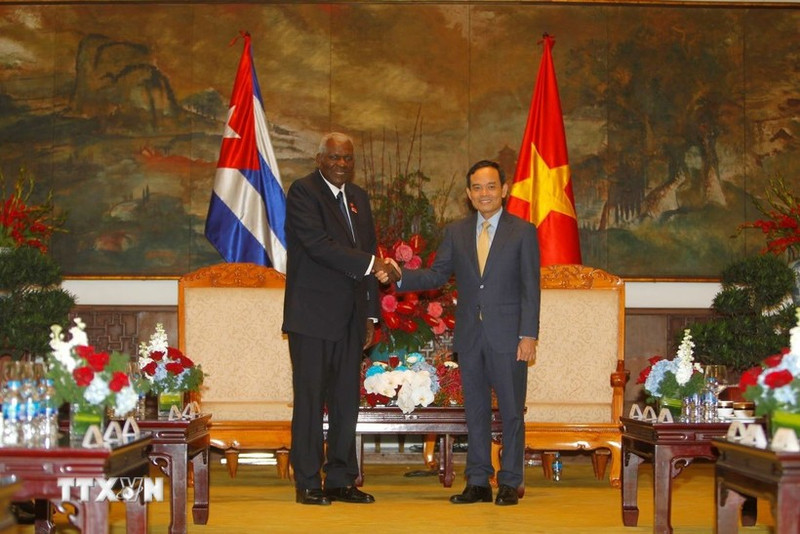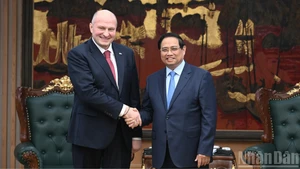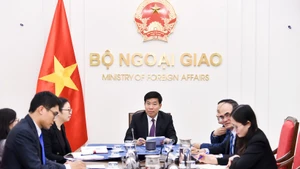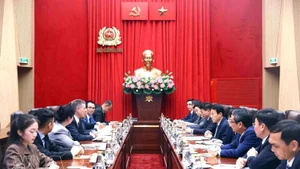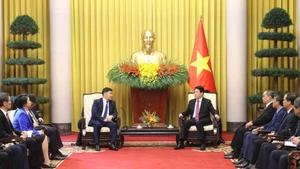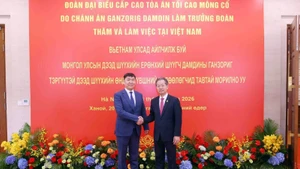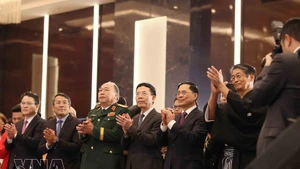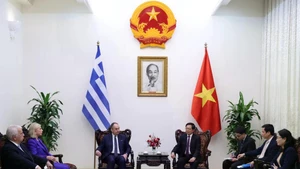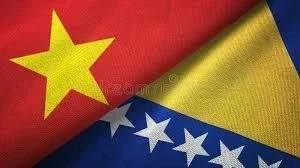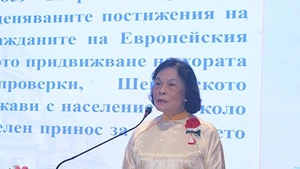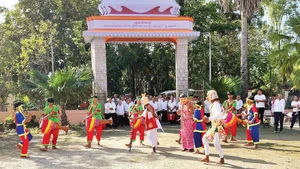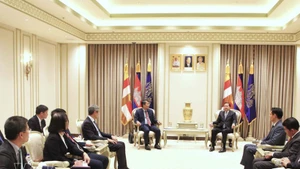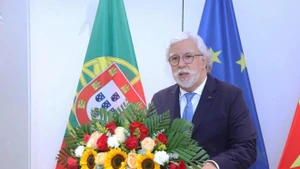Quang reaffirmed the special relationship between Viet Nam and Cuba, saying that the 65-year partnership has continuously grown and become a model of pure, loyal and close international solidarity.
After hearing an update on Cuba’s socio-economic challenges, Quang held that Cuba's current difficulties are the same as those in Viet Nam four decades ago, noting that Viet Nam overcame similar hardships to improve living standards.
He praised Cuba’s focus on food security and energy development, citing Viet Nam’s cooperation in helping Cuba cultivate high-yield rice to meet domestic demand.
On economic ties, Quang expressed gratitude for Cuba’s preferential treatment toward Vietnamese businesses, including tax breaks, land leases, and labour support. However, he flagged Cuba’s current exchange rates as a barrier to attracting foreign investment and urged Havana to expand incentives further.
Ho Chi Minh City is committed to boosting cooperation with Cuban partners, especially in investment, with plans to boost ties during events marking the 100th birth anniversary of President Fidel Castro, he said.
Esteban Lazo, who is in Viet Nam to co-chair the second session of the Viet Nam – Cuba Inter-Parliamentary Cooperation Committee, thanked Ho Chi Minh City for sharing valuable experience in national building and development, particularly the city’s role as the country’s economic powerhouse.
Esteban Lazo expressed his deep impression at the economic, social, and diplomatic achievements of Viet Nam in general and Ho Chi Minh City in particular in recent years. He affirmed that the successes of the Vietnamese people have always been a great source of encouragement and inspiration for the Cuban revolution.
Updating the host on the current situation and challenges facing Cuba, Esteban Lazo said the Party and State of Cuba are implementing policies and measures to stabilise the economy, foster socio-economic development, and improve people’s living standards. Therefore, Cuba attaches importance to learning from Viet Nam’s experience, including that of Ho Chi Minh City, especially in the renewal process and socialist building. He noted Viet Nam’s remarkable poverty reduction efforts, from 58% of households living under the poverty line in 1993 to just 2% by the end of 2024.
Highlighting Cuba’s policies towards Vietnamese enterprises, Esteban Lazo called on Vietnamese investors, including those from Ho Chi Minh City, to expand and enhance investment efficiency in such fields as economy, education, biotechnology and health, and science and technology. He stressed that Cuba values the participation of Vietnamese businesses in updating its economic model, and highly appreciated Viet Nam’s support in improving agricultural production capacity for food security, as well as in renewable energy and consumer goods production projects in Cuba.
The Cuban leader also extended his gratitude to the Party, State and people of Viet Nam, including Ho Chi Minh City, for launching the “65 years of Viet Nam – Cuba Solidarity” campaign to support the Cuban people in overcoming economic difficulties and natural disasters.
